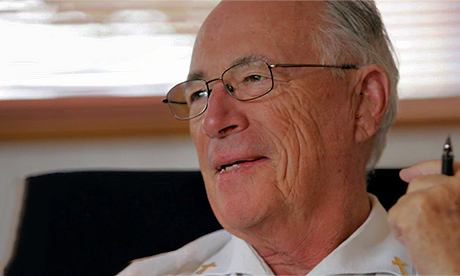Fr Joe Grayland’s disquiet over the NZ bishops’ apology (Cathnews 18/11/24) is perplexing.
In a letter that needed to be short, it is hard to know what language the bishops could have used to make their apology more comprehensive than it is.
Certainly, the apology needed to acknowledge, above all, Church leaders’ own failures for inadequate handling of offenders and inadequate support for victims/survivors.
But as leaders, it also fell to them to apologise, as far as possible, for all offending within the Church.
In their own way, I think the bishops were trying to do all this, while acknowledging that “words alone can never replace what was stolen and can never fully restore that which was destroyed.”
Responsibility and abuse
But when Joe claims that the bishops fail to take “full responsibility” he seems to mean “sole responsibility,” because he says that, “through the apology and the lament”, Sunday congregations were being “co-opted into sharing responsibility for their leaders’ actions” and called to “become complicit in the leaders’ sins”.
Surely, the apology needed to encompass the failures of bishops, priests, religious and laity, because anything less would not have respected what victims/survivors have been telling us.
Joe’s claim that using the occasion of a Sunday Mass was itself “a subtle form of abuse”, and that it had “no rightful place in the Sunday liturgy” is surely unrealistic.
Real life
This was not the time for esoteric distinctions between laments, symbols of shame, public and private repentance, etc. Liturgy has to be incarnate in real life!
Real life includes: the right of victims/survivors and the Catholic people to hear the apology as directly as possible and not just via public media.
In real life, the time when most Catholics gather is at Sunday Masses. In the course of every year, special causes are occasionally featured without prejudice to the Sunday’s primary meaning.
In real life, a letter that needs to be short is never going to say everything that everybody wants it to say.
And in real life, most sexual offending occurs in homes or among relatives, and most vocations to priesthood and religious life come from homes. The apology and the lament were an occasion for all of us.
I think our congregations would have been pleased to hear the bishops’ apology, and appreciated the opportunity to participate in a form of communal lament, and would have recognised the need for it to be on a Sunday.
- Copy supplied
- Bishop Peter Cullinane (pictured) is Bishop Emeritus, Diocese of Palmerston North.
News category: Analysis and Comment, Great reads.




